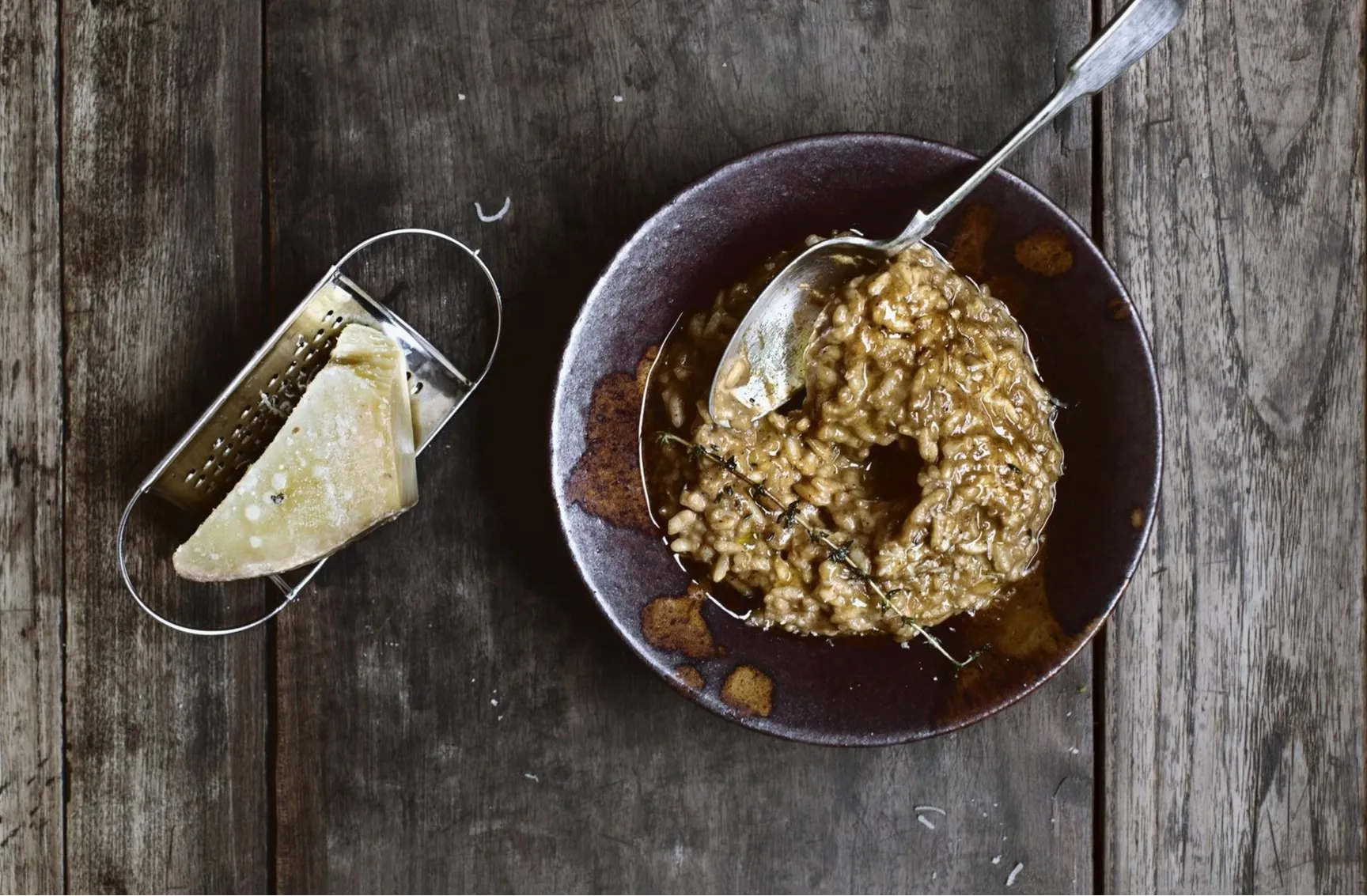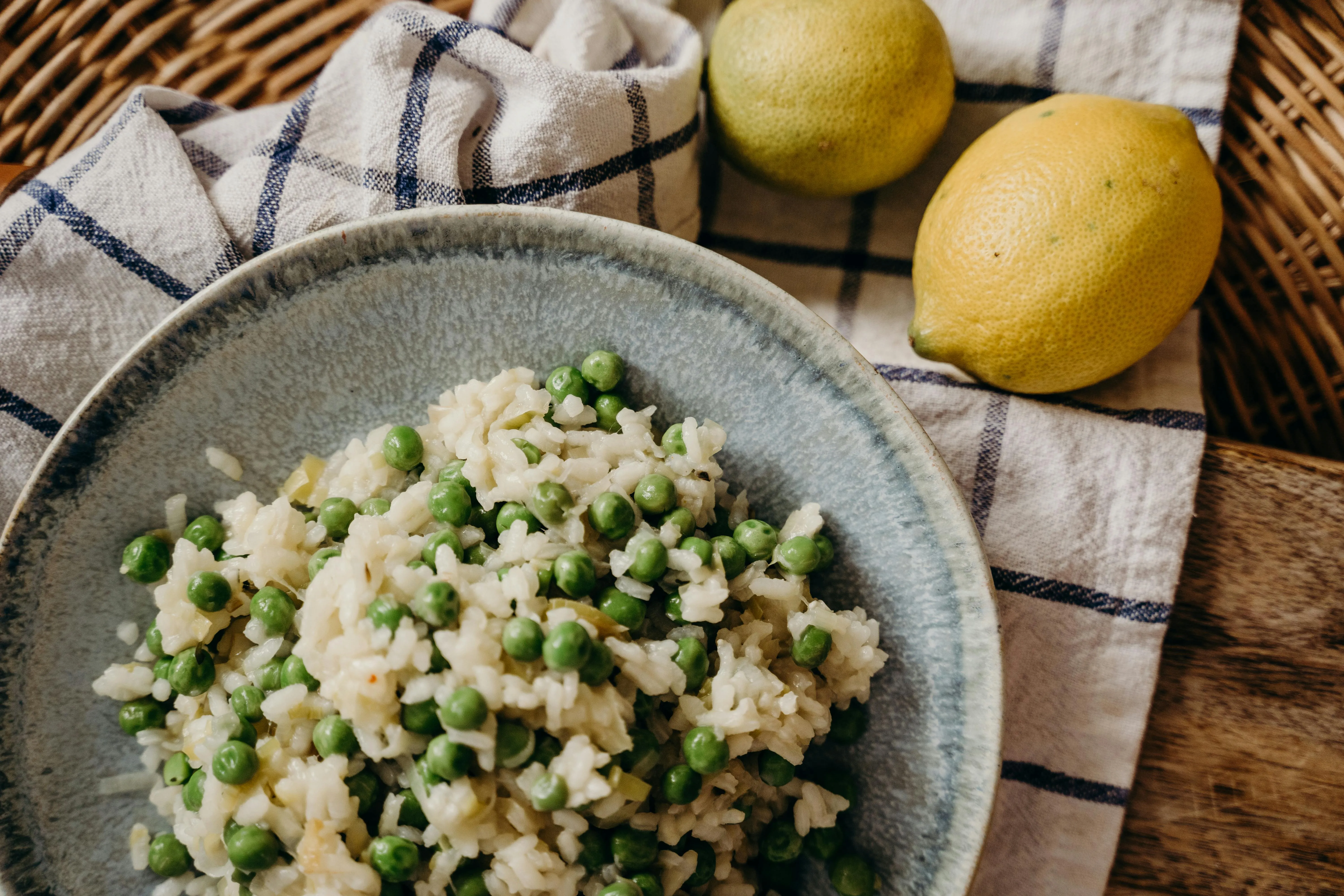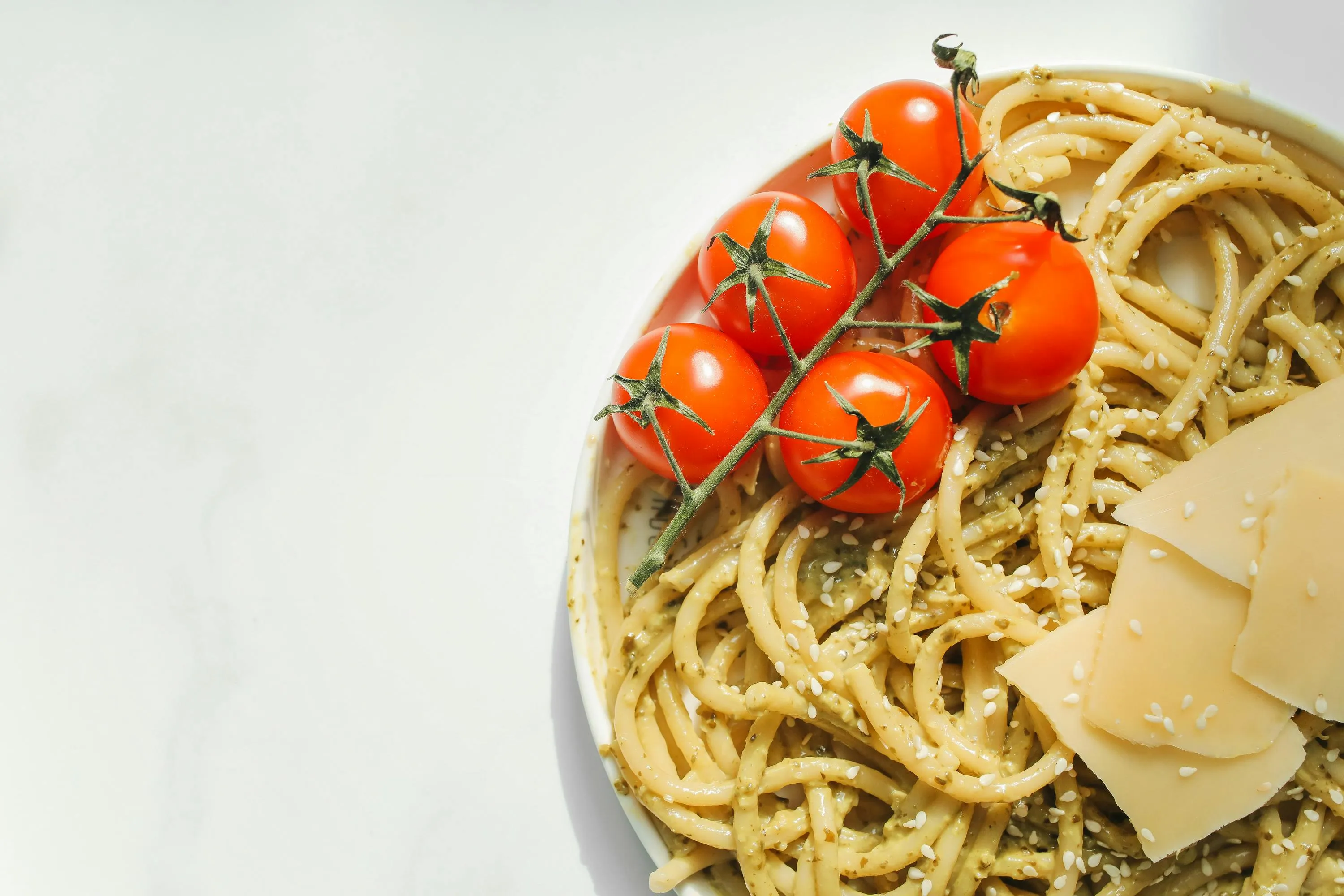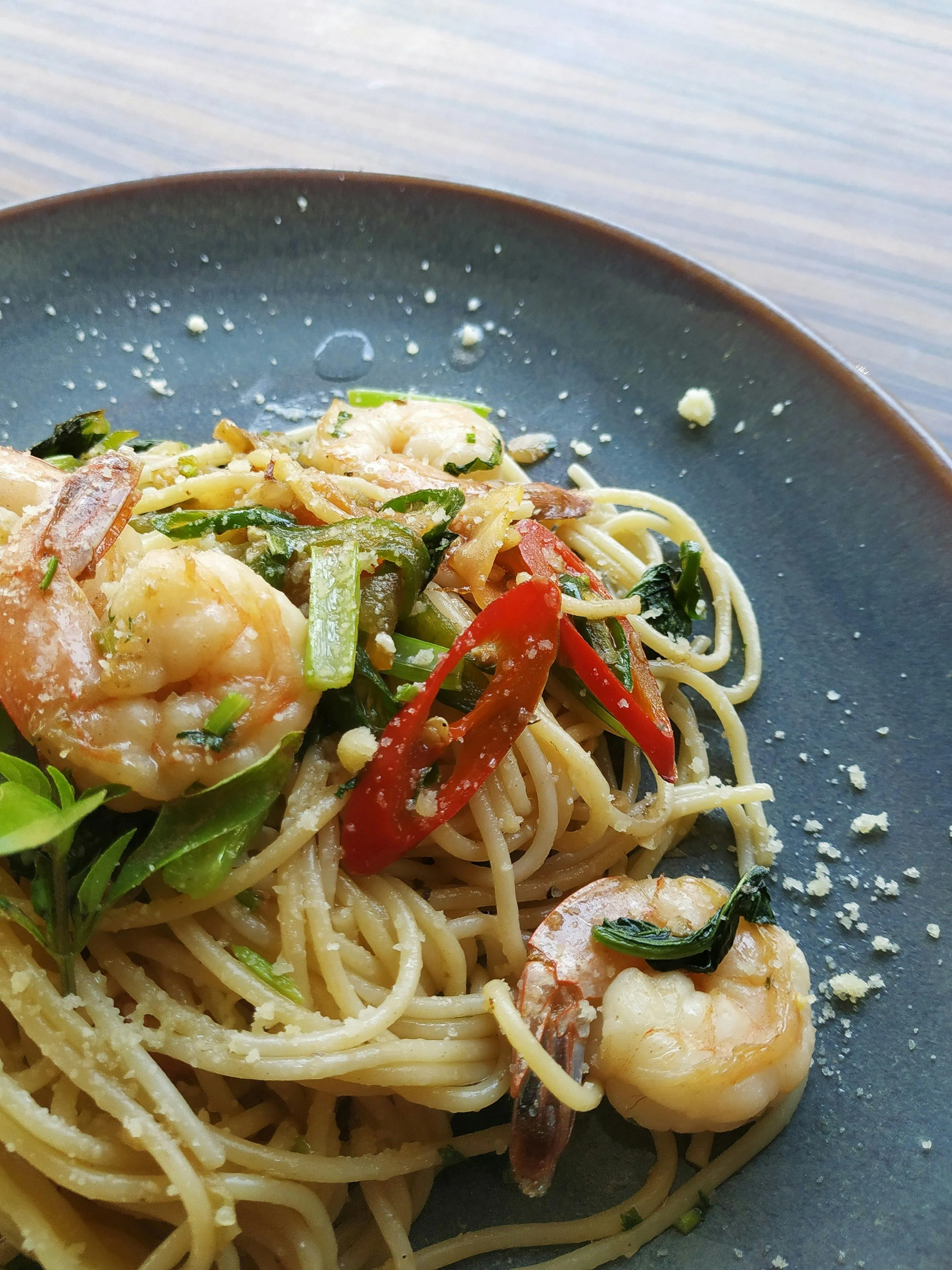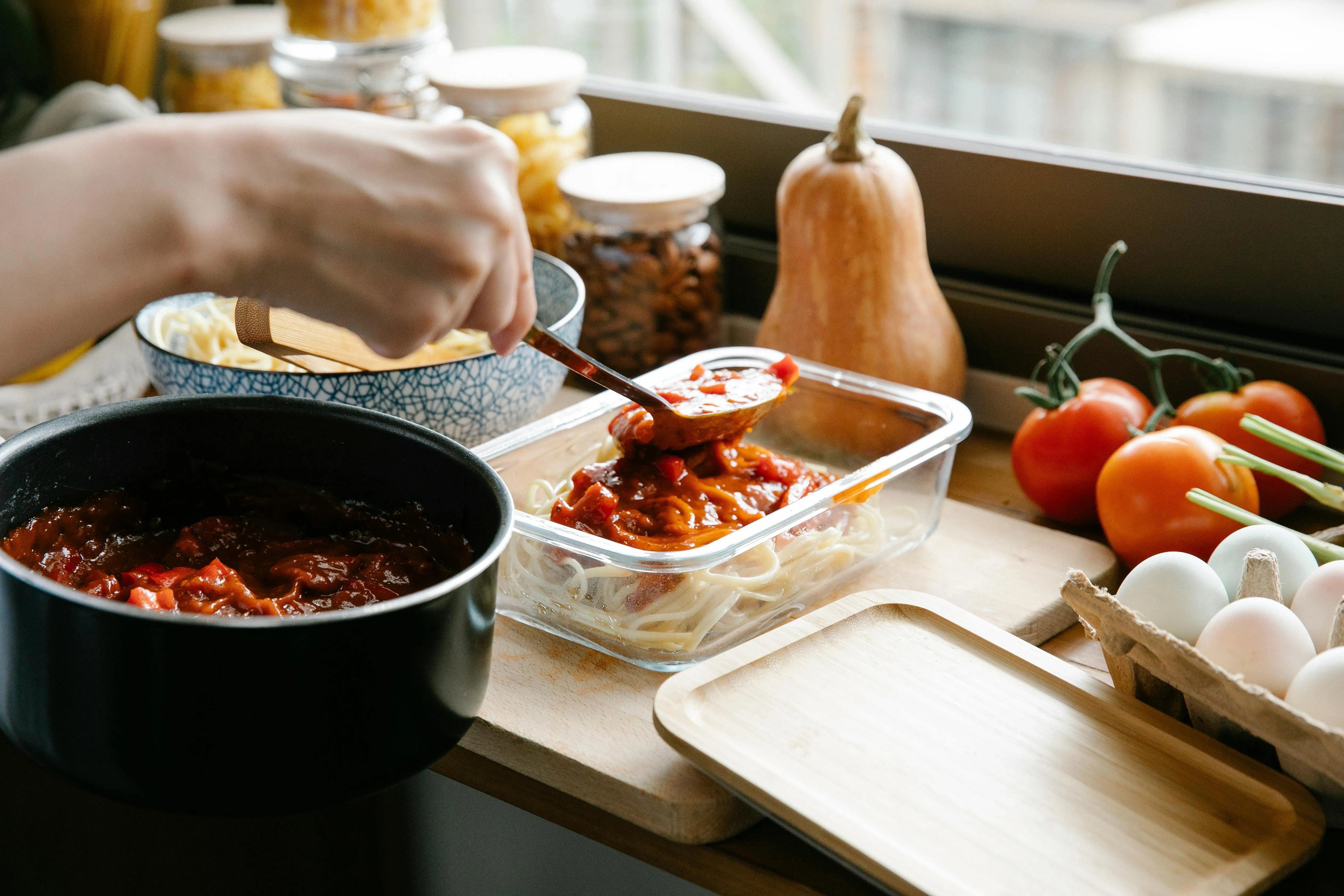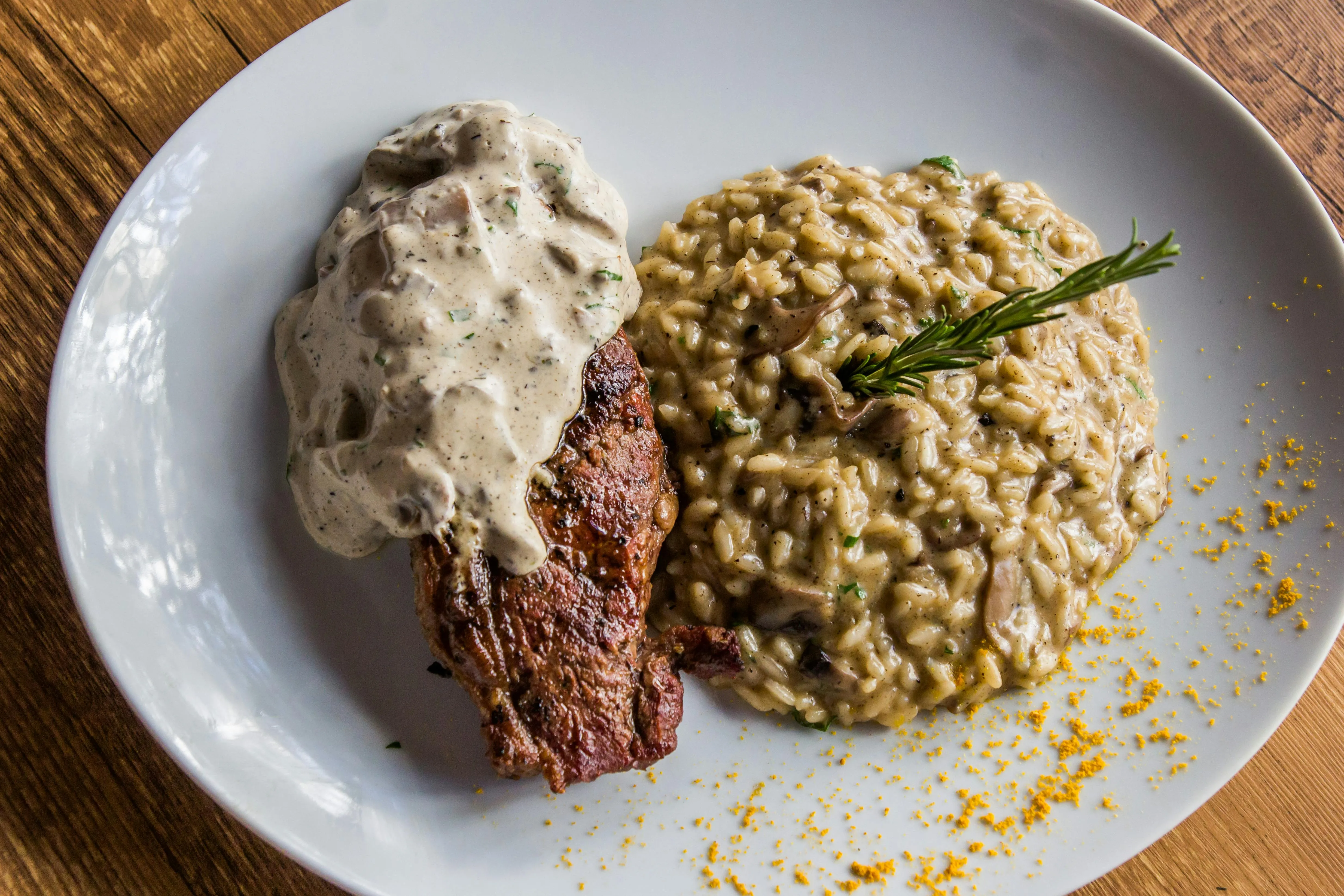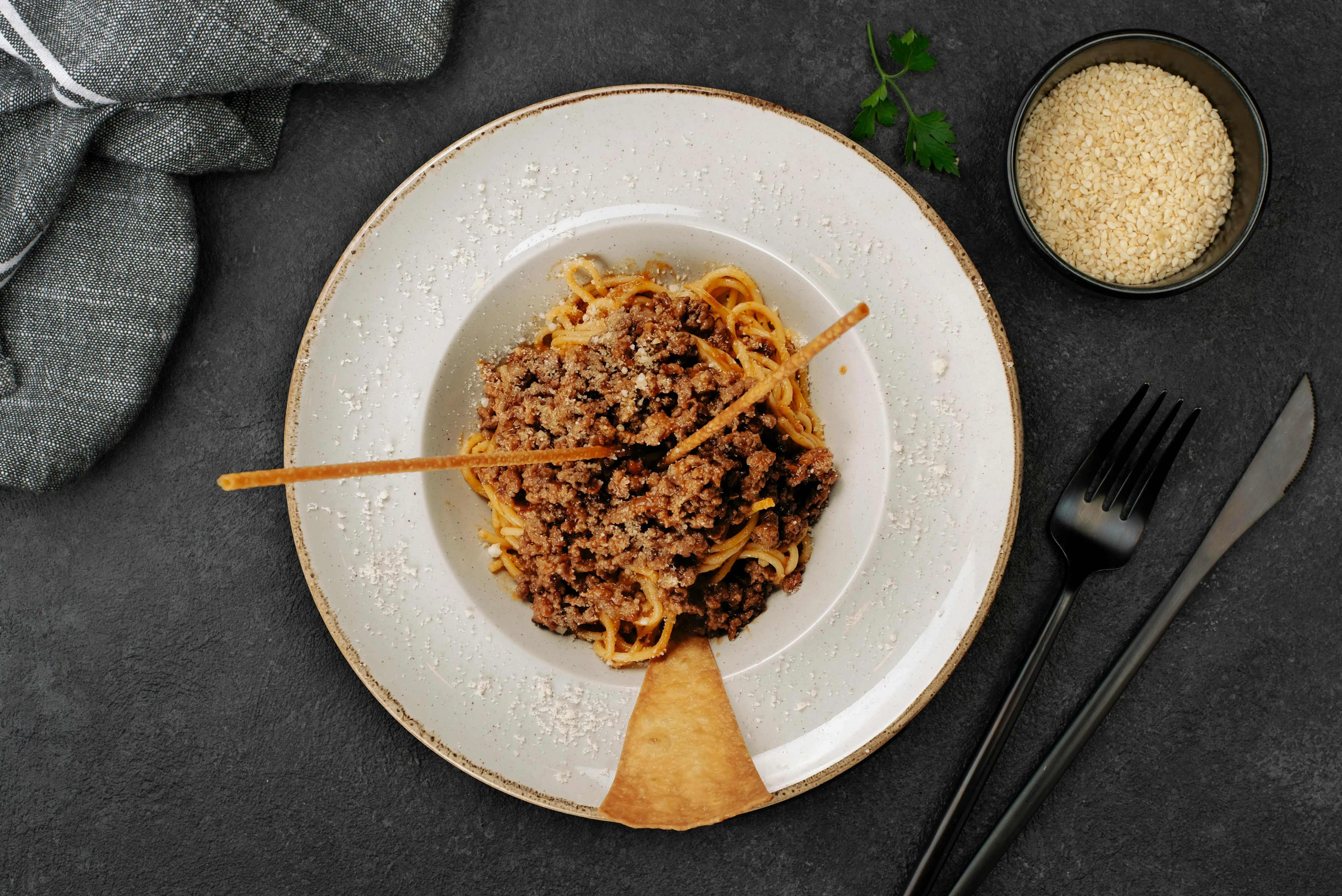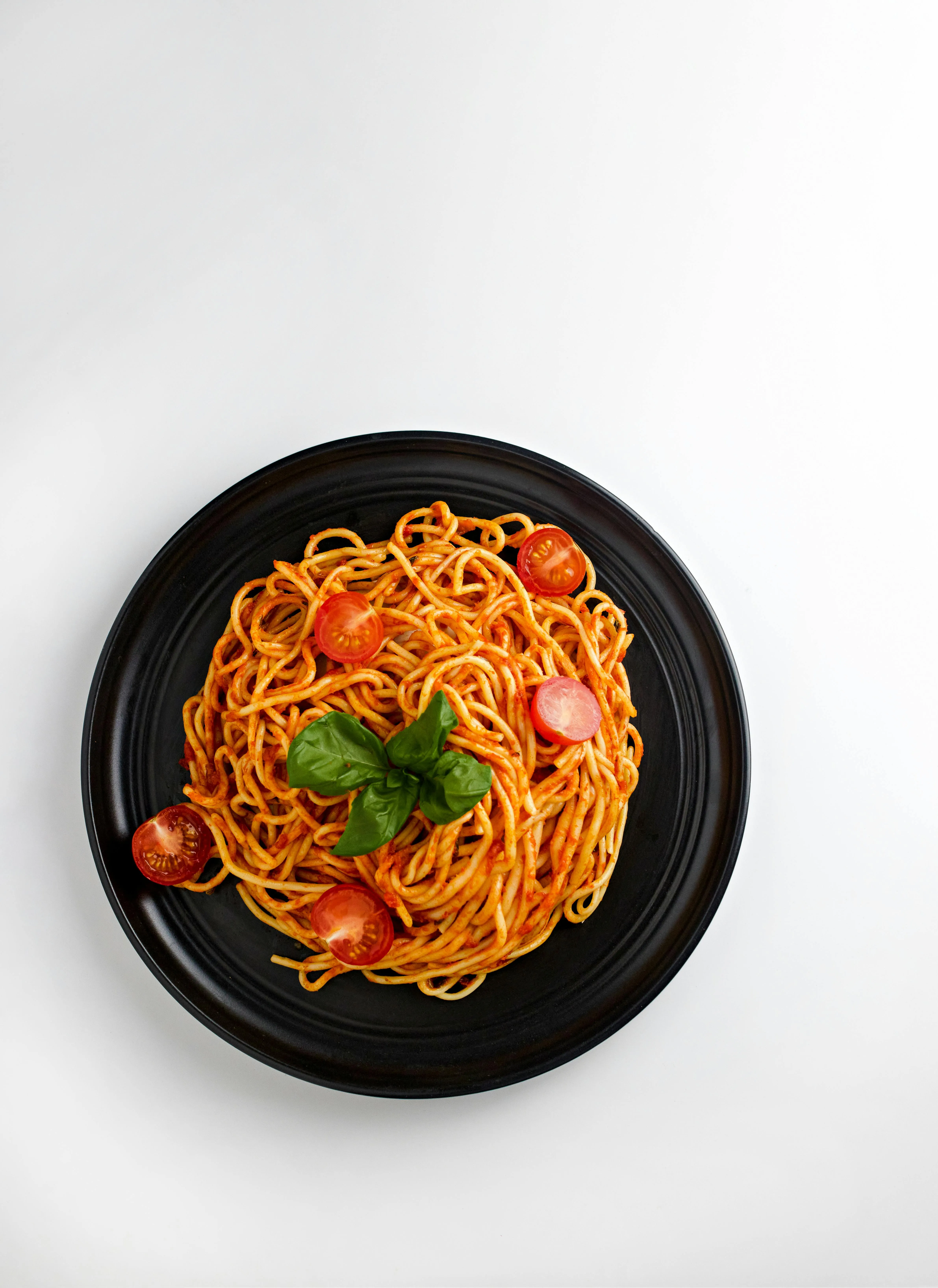
Pad Thai is the quintessential Thai dish, served on street corners, in restaurants, and cooked in Asian eateries worldwide. It ranks among the top 10 most delicious dishes globally (though it falls behind Tom Yum soup in most rankings). Pad Thai can be made with various noodles (differing in composition and thickness) and fillings such as tofu, shrimp, or chicken. Here’s a classic recipe – more complex than street versions, more flavorful, and more authentic.
Oils of Thai cuisine
At the Culinary Arts Institute of Koh Samui, we discussed an essential topic — cooking oils. Which oils should be used in Thai dishes?
- Soybean oil
- Sunflower oil
- Corn oil
- Canola oil (rapeseed oil)
- Rice oil
- Coconut oil
It’s worth noting that most oils (except perhaps the pricier coconut and rice oils) are used in refined forms, as unrefined oils burn easily during frying. Additionally, Thai cuisine almost never uses olive oil, as its strong flavor is considered a disadvantage.


Flavors
In Pad Thai, as in many traditional Thai dishes, four key flavors must be balanced: sour, sweet, salty, and spicy. If any flavor seems lacking, it can always be adjusted to taste, and Thai dishes are typically served with soy sauce for further customization.

Pad Thai Recipe
- 200 g rice noodles
- green onion
- a handful of bean sprouts
- 1/2 tbsp. chili (powder or flakes)
- 3 shallots (or 1 sweet white onion)
- 2 cm piece of daikon root
- 1 tbsp. dried small shrimp or shrimp paste (optional)
- 2 eggs
- 2 tbsp. salted peanuts
- 1/2 tsp. dark soy sauce (thick) + ground black pepper
- 1 tsp. vegetable oil
- 100 ml broth (chicken or vegetable, or substitute with boiling water)
- 1 chicken fillet (in the photo: fresh shrimp + tofu)
Sauce ingredients:
- 1 tsp. soy sauce
- 1 tsp. fish sauce
- 2 tsp. oyster sauce
- 2 tbsp. tamarind sauce or juice (substitute with unsweetened plum jam or 1/3 lemon for acidity)
- 2 tsp. sugar
- 1/4 tsp. ground black or white pepper
- 1 tsp. fried garlic
Soak the noodles in cold water for 30-40 minutes. Drain, add 1/2 tsp dark soy sauce and ground black pepper, and mix well with the noodles. Set aside. Grate the daikon root and season with fish sauce (this can be stored in the refrigerator for up to 2 months).

In a separate bowl, mix all the sauce ingredients.
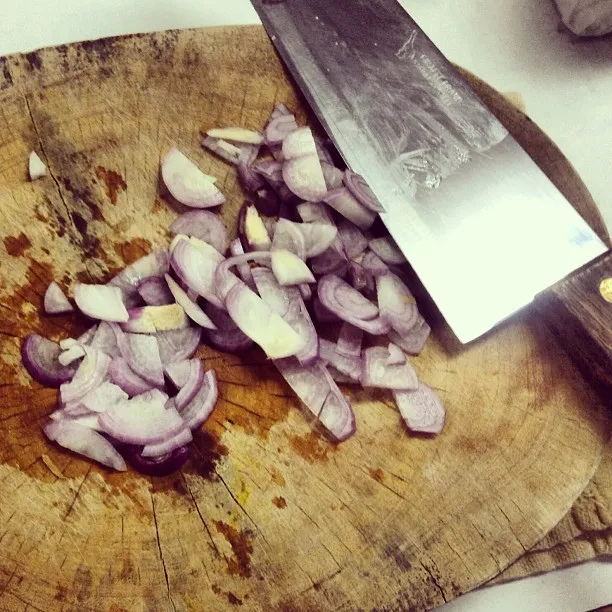
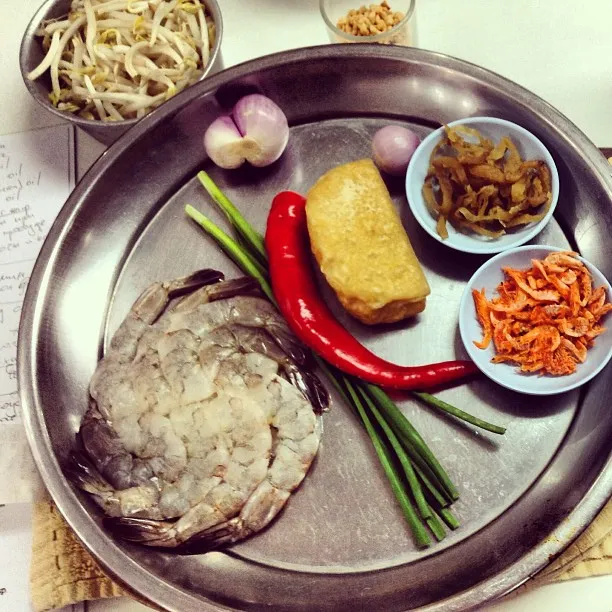
Slice the fillet (or shrimp and tofu, or chicken) into pieces. Heat a wok or skillet. Stir-fry the chicken in hot oil over high heat for 30-45 seconds, then add the eggs, stirring constantly for 30 seconds. Add the seasoned grated daikon, shrimp paste, and sliced shallots, then pour in some broth. Stir-fry for 1 minute. Add the noodles and cook for 30 seconds until softened (if needed, add more hot broth). Pour in the sauce, add the green onion (cut into 4-5 cm pieces), sprouts, and chili. Mix well and remove the wok from the heat. Serve topped with chopped roasted peanuts and sprouts.
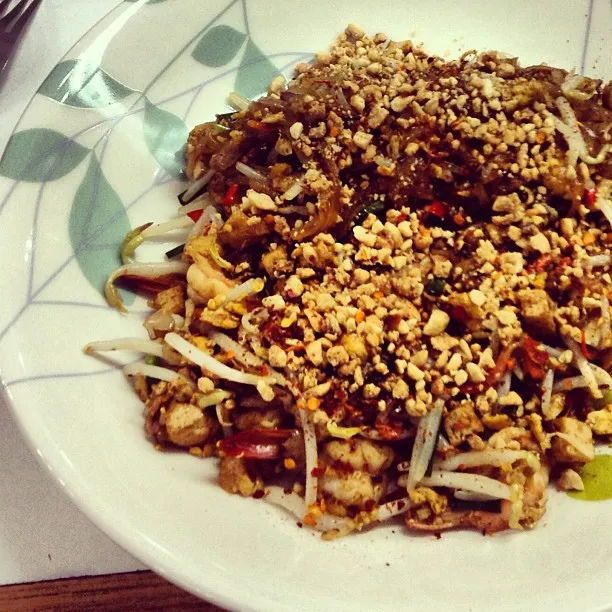
The simplified version follows this sequence: soaked noodles → egg → soy sauce → boiled chicken → fish sauce + spicy vinegar and a bit of broth → green onion → sprouts.


